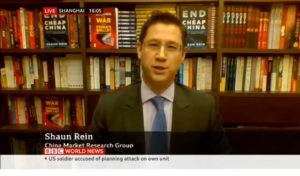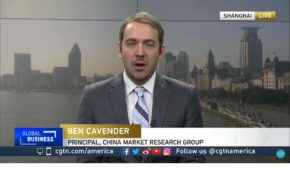China’s booming tech sector was mainly funded by private and sometimes overseas investors. Those days might be over as the state takes over that funding, with ride-hailing company Didi as a prime example, says business analyst Shaun Rein in Pymnts.
Pymnts:
Didi’s troubles include a ban on the company from registering new users until regulators have concluded an investigation into its data security.
This is a reversal from the situation just two years ago, when Didi was viewed by investors as largely bulletproof and rival companies were starved for capital. After the regulatory investigation into Didi was announced, things changed. In one instance, China’s leading food delivery platform, Meituan, jump-started the ridesharing service it had stopped offering in 2019, according to the report.
“The government wants tech players to have state-owned money,” said Shaun Rein, founder of China Market Research Group, per the report. “Beijing was not happy about Didi trading overseas, with the backing of foreign players including SoftBank and Uber.”
Regulators have been more closely scrutinizing unfair market practices by ridesharing companies, including Didi and Meituan. One example of such unfair market practices alleges unlicensed or unregulated drivers are hired by ridesharing companies, with the risk of operation then put onto those drivers. There’s also the order regulators have given to the ridesharing companies to quit taking so much of a percentage from transactions and to better protect users’ data.
Shaun Rein is a speaker at the China Speakers Bureau. Do you need him at your (online) meeting or conference? Do get in touch or fill in our speakers’ request form.
Are you looking for more experts on managing your China risks at the China Speakers Bureau? Do check out this list.




















